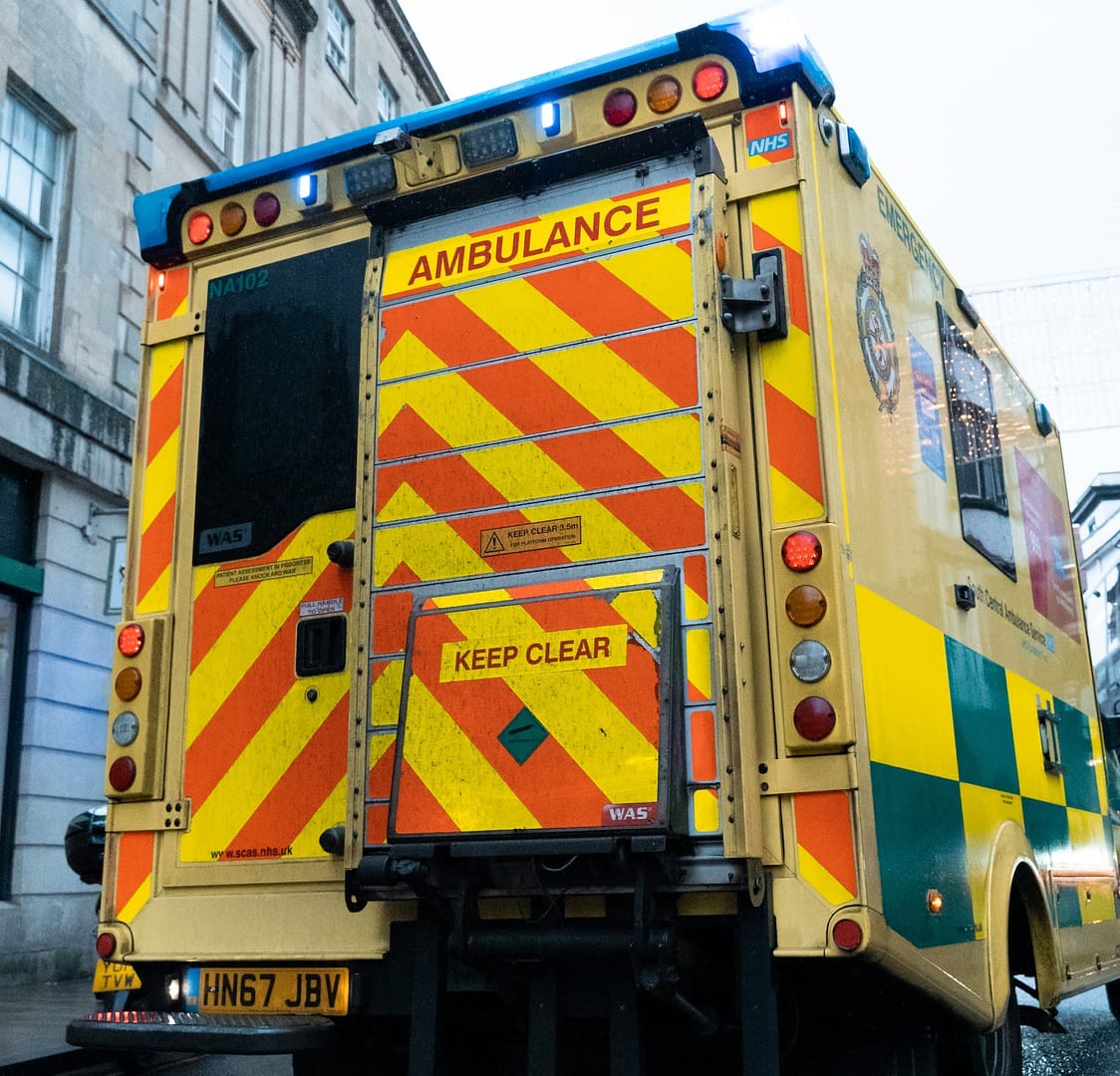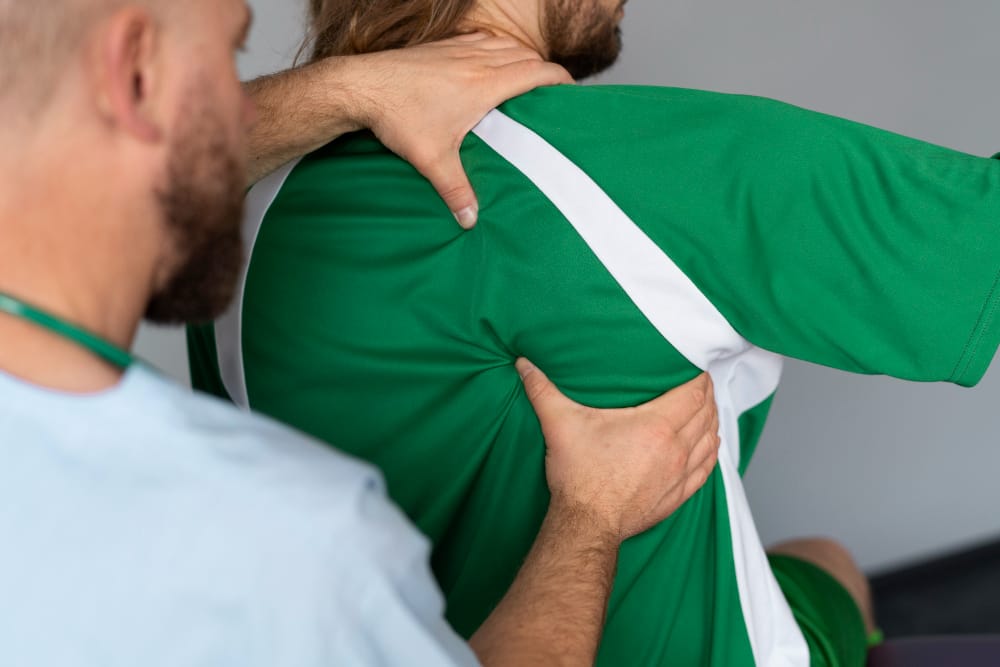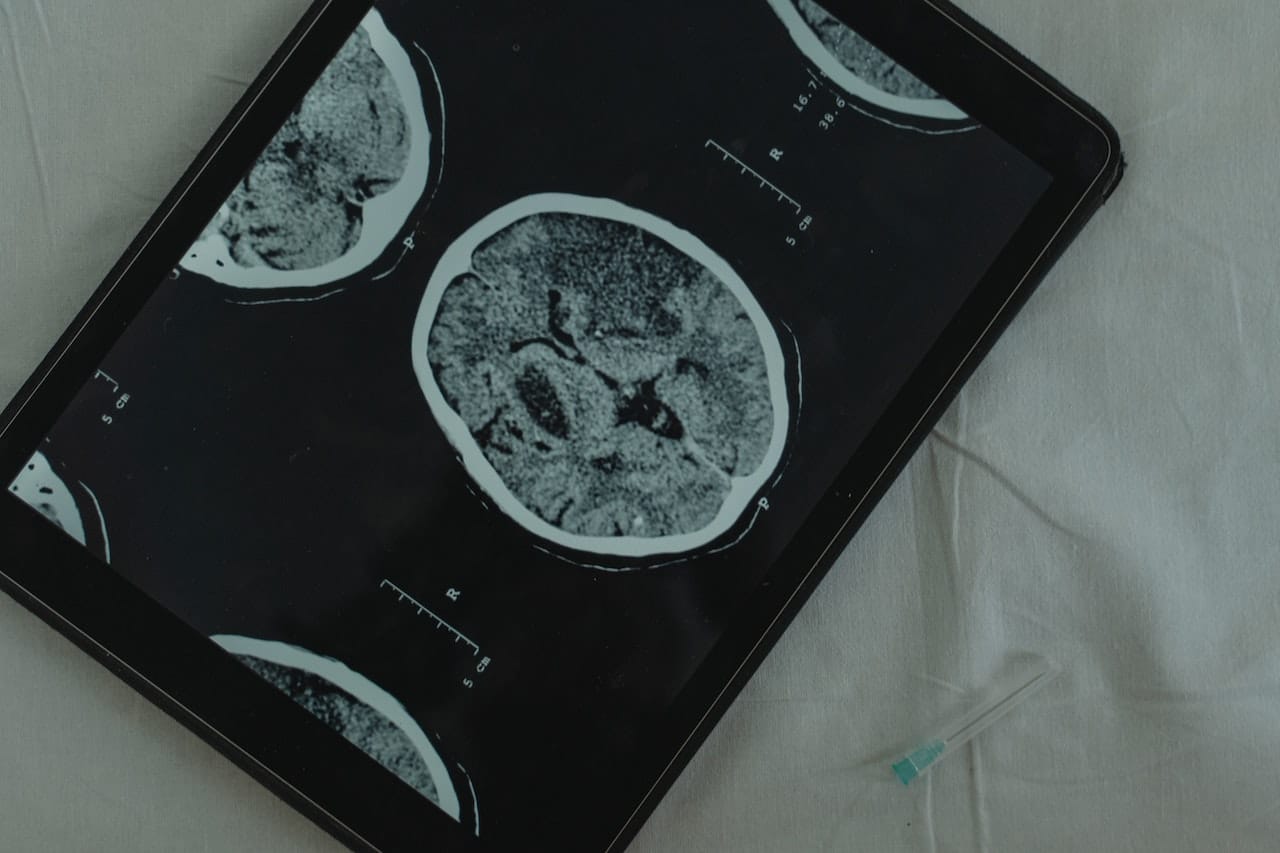In the realm of emergency medical care, prompt and proficient response can mean the difference between life and death. Ambulance services are the front line of healthcare, racing against the clock to provide immediate care to those in need. However, as with any facet of the medical field, clinical negligence in ambulance services can sometimes rear its unfortunate head. This article delves into the world of paramedic negligence, the consequences that may follow, and offers insights into this critical issue in the United Kingdom.
Understanding Paramedic Negligence
Clinical negligence, often referred to as medical malpractice, occurs when a healthcare professional fails to provide an adequate standard of care, resulting in harm to the patient. Within the sphere of ambulance services, paramedic negligence refers to the failure of paramedics to meet their duty of care towards the individuals they are called to assist. This negligence can manifest in various ways, including misdiagnosis, improper treatment, communication failures, and even transportation errors. In the context of the United Kingdom, where the National Health Service (NHS) plays a pivotal role in providing healthcare, clinical negligence in ambulance services is a critical concern.
Misdiagnosis and Delayed Response
Paramedics often find themselves in high-pressure situations where quick thinking and accurate diagnosis are paramount. However, misdiagnosis, or delayed response due to a failure to recognize the gravity of a situation, can lead to clinical negligence. For instance, mistaking a heart attack for indigestion or a minor injury can result in severe consequences for the patient.
Improper Treatment
Another facet of paramedic negligence involves administering the wrong treatment or medication. This can occur due to a lack of necessary equipment, inadequate training, or miscommunication between paramedics. Such instances can exacerbate a patient’s condition and cause unnecessary harm.
Communication Failures
Effective communication is a cornerstone of healthcare, and this holds true for ambulance services as well. Failure to communicate critical information, such as a patient’s medical history, allergies, or current medications, can lead to complications and even clinical negligence. Such oversights can be due to rushed responses, language barriers, or simply misinterpretation of information.
Transportation Errors
The transportation of patients is a crucial component of ambulance services. Errors during the process, such as improper securing of the patient, reckless driving, or delays in reaching the hospital, can result in clinical negligence. These mistakes can lead to additional injuries or worsening of the patient’s condition.
The Consequences of Paramedic Negligence
When paramedic negligence occurs, the repercussions can be profound and far-reaching. For patients, it often means enduring unnecessary pain and suffering, and in some tragic cases, it can lead to permanent harm or even loss of life. In the United Kingdom, clinical negligence in ambulance services may have legal and financial consequences as well.
Patient Suffering
The most immediate consequence of paramedic negligence is the suffering experienced by the patient. Whether it’s the result of a misdiagnosis, delayed response, or improper treatment, the patient may endure additional pain and complications, leading to prolonged recovery or permanent damage.
Legal Actions
In the UK, as in many other countries, patients have the right to pursue legal action against healthcare providers, including paramedics, for clinical negligence. Legal cases often seek compensation for medical expenses, pain and suffering, and loss of earnings. However, pursuing a legal case can be complex and emotionally taxing.
Impact on Paramedics
Paramedics who are found to be negligent in their duties can face professional and personal consequences. They may be subject to disciplinary actions, including suspension or revocation of their medical licences. Moreover, the emotional toll of knowing that their negligence harmed a patient can be significant.
Preventing Paramedic Negligence
Preventing paramedic negligence is a collective effort that involves healthcare providers, paramedics, and regulatory bodies. There are several measures in place in the UK to ensure that ambulance services maintain a high standard of care.
Training and Education
Paramedics in the UK are required to undergo rigorous training and education programs to prepare them for the demands of their profession. These programs cover a wide range of medical scenarios, focusing on accurate diagnosis, effective treatment, and proper communication.
Continuous Assessment
To ensure that paramedics remain competent and up-to-date with best practices, there are mechanisms in place for continuous assessment and revalidation. Paramedics are required to demonstrate their proficiency regularly, ensuring that they maintain the necessary skills and knowledge.
Protocols and Guidelines
Healthcare providers and ambulance services often have strict protocols and guidelines in place to guide paramedics in their decision-making and treatment procedures. These protocols are designed to ensure that patients receive consistent, high-quality care.
Accountability
Accountability is a cornerstone of healthcare in the UK. Paramedics are expected to be responsible for their actions and decisions. This accountability is reinforced by regulatory bodies and professional organisations.
Making a Clinical Negligence Claim with National Claims
At National Claims, we understand the gravity of clinical negligence in ambulance services. We are dedicated to assisting individuals who have experienced harm due to paramedic negligence in the pursuit of justice and compensation. If you or a loved one has been a victim of clinical negligence in an ambulance service, here’s what you can expect when making a claim with us:
Initial Consultation: Our claims process begins with an initial consultation where we listen to your case, understand the circumstances, and assess the potential for a clinical negligence claim.
Case Assessment: Our team of experienced solicitors will carefully evaluate the details of your case, including the medical records, witness statements, and any other relevant evidence to determine the strength of your claim.
Legal Representation: Should we find that your claim has merit, we will provide you with dedicated legal representation. Our solicitors specialise in clinical negligence cases, ensuring that you have the expertise needed to navigate the legal process.
Negotiation and Settlement: We will work diligently to negotiate a fair settlement on your behalf, striving to secure compensation that covers your medical expenses, pain and suffering, and other losses resulting from the clinical negligence.
Court Proceedings: In the event that a fair settlement cannot be reached through negotiation, we will guide you through the process of taking your claim to court. Throughout this process, we will remain by your side, advocating for your rights and best interests.

Conclusion
Clinical negligence in ambulance services is a serious concern that can have dire consequences for patients and paramedics alike. In the United Kingdom, paramedics are held to high standards of care, and the healthcare system is designed to prevent and address instances of negligence. While paramedic negligence is not a common occurrence, the potential for harm underscores the importance of stringent training, ongoing education, and robust accountability mechanisms.
It is crucial to understand that paramedics are often heroes who save lives and provide critical care under extremely challenging circumstances. Instances of negligence should not overshadow the commendable work they do. However, acknowledging the existence of clinical negligence is a step towards continuous improvement in the delivery of ambulance services, ultimately ensuring the safety and well-being of patients across the UK.
At National Claims, we are committed to providing support and assistance to those affected by clinical negligence in ambulance services. We believe in upholding the rights of patients and ensuring that those responsible for negligence are held accountable. If you or a loved one has experienced clinical negligence in ambulance services, don’t hesitate to reach out to us for guidance and representation. We are here to help you seek justice and fair compensation for the harm you have endured.
Start your claim with us today and speak to one of our claims specialists by contacting us.
Click below to see why we are one of the most trusted claims management companies in the UK.

We’re proud of our excellent customer reviews
We thrive on delivering exceptional service and ensuring our clients’ satisfaction. Don’t just take our word for it. Check out some of our independent reviews to see what our clients have to say.
Excellent

This firm is excellent, they sorted out my car pay out and injury claim very fast, they always communicate with you all the time.

My accident case was dealt with confidence and with great result of the outcome, especially James kept me informed all the time.

I was very impressed at the way my inquiry was treated. I was listened to attentively and everything I needed to know was explained to me.






